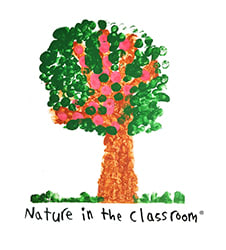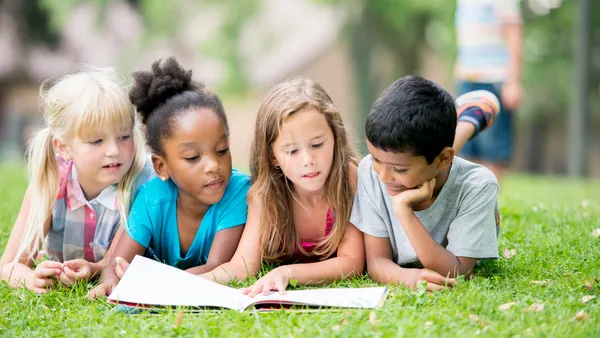Dive Brief:
- A hundred 11th- and 12th-grade students in New York City will be able to take a free online criminal justice course, “Introduction to Criminal Justice,” from Howard University during the 2020-21 school year as part of a partnership with the nonprofit National Education Equity Lab, District Administration reports.
- Other partnerships are also underway with colleges and universities, via the non-profit, including Yale University, the University of Connecticut and Arizona State University. All will focus on expanding opportunities to low-income students and students of color.
- Howard University is specifically eyeing the partnership as a way to introduce historically black colleges and universities to more students, and its course will allow students to virtually visit local prisons to gain a deeper understanding of the criminal justice system.
Dive Insight:
While high schools are focused on helping students take the next step after graduating, whether that’s attending a college or university or seeking a job, partnerships with colleges can add another layer of support to scaffold students on their way.
These partnerships can open the doors for students through multiple avenues, such as dual enrollment programs where colleges, like the University of Missouri-Kansas City, invite high school students to take classes for credit. Colleges can also support students through an Adopt-A-Classroom program, helping pupils not only learn more about a specific college, but potentially visit in-person. Partnerships, too, can help ensure more high school graduates are college-ready, capable of handling college-level courses and even completing their degrees on time.
Foundations can act as a bridge between these two, as well. This is the mission of the 5 Strong Scholarship Foundation, for example, which offers high school students full tuition scholarships to historically Black colleges and universities, along with ongoing guidance until they graduate with their degrees.
College students pursuing a career in education also find value in high school and university partnerships, which can provide them with real-world learning opportunities as they seed high school classrooms with more support.
A 2015 paper published in the journal "Issues in Teacher Education" examined the impact of student teachers working with two high schools and ultimately supported this claim. Researchers concluded the inclusion of student teachers into a high school classroom “can enhance the learning of cooperating teachers, teacher candidates, and high school students.”




 Dive Awards
Dive Awards







